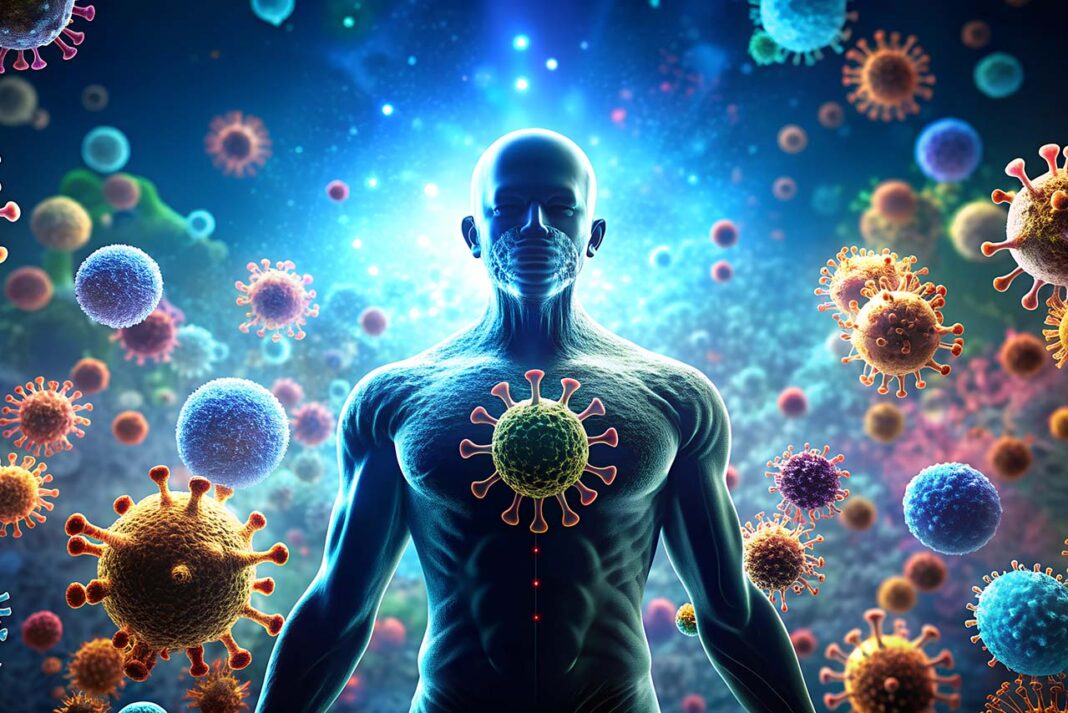One of the biggest problems of humankind, which has become more visible and intensified with the rapidly changing conditions of our era, is stress.
In recent years, factors such as the developing world order, the ability to learn everything instantly thanks to technology, and the constant exposure to people’s lives through social media have been more than enough to increase our stress levels.
Stress is a phenomenon that affects all humanity regardless of religion, language, or race. In fact, when we look closely, stress influences every area of our lives and every age group.
The impact of stress on humans is undeniable. Stress, which has caused major problems throughout history when left uncontrolled, does not always necessarily lead to negative outcomes. So, is stress completely a bad thing? Surprisingly, the answer is no. Because a certain level of stress can actually be a driving force that pushes us into action.
Let us imagine stress on a scale:
Suppose you are preparing for an exam, and here we evaluate your stress level between 0 and 100. If the level is close to 100, your body freezes; you cannot act. While trying to cope with such intense pressure, the body loses its functionality.
On the contrary, if your stress level is close to 0, that is, if you have almost no anxiety about the exam, then your body will not want to take action either. Because it does not perceive anything important to care about.
As seen in both examples, experiencing stress at the extremes is not healthy. Therefore, it is important to keep stress at an optimal level; the body maintains its functionality while also being stimulated enough to act.
The main topic we will focus on here today is the effect of stress on the immune system.
Hans Selye’s Three Stages of Stress
Hans Selye defined stress in three stages. In the first two stages, stress is not dangerous. However, when it reaches the third stage, stress can harm our health (Alotiby, 2024). Before explaining this further, let us take a look at the differences between acute and chronic stress.
Acute and Chronic Stress
Suppose you experienced a stressful event during the day. Acute stress is the stress you feel as a result of this short-term situation. For example, the anxiety you feel when you are late for an exam or a meeting generally falls under acute stress.
Chronic stress, on the other hand, arises when one is constantly exposed to stressful circumstances. In this case, the body begins to accumulate stress hormones, which leads to the emergence of chronic stress. Constant financial worries, an intense workload, or problematic relationships may cause this condition.
The symptoms of both types of stress may sometimes overlap. However, the symptoms of chronic stress generally last much longer and are far more difficult to cope with compared to acute stress.
-
Symptoms of acute stress: insomnia, inability to concentrate, difficulty adapting to the day.
-
Symptoms of chronic stress: persistent anger, bodily aches, fatigue, depression, anxiety.
The long-term consequences of chronic stress are even more severe: type 2 diabetes (commonly referred to as “sugar”), cholesterol problems, hypertension, weight fluctuations, and heart conditions can all accompany this picture.
Relationship with the Immune System
Scientific studies have shown that acute stress can have some positive effects on the body in the short term. However, chronic stress significantly weakens the immune system (Alotiby, 2024). Constantly high levels of hormones such as cortisol reduce the effectiveness of immune cells, slow down the body’s healing process, and weaken resistance against infections.
How Can We Cope with Stress?
Most of us are able to cope with acute stress. Therefore, the main issue here is learning how to deal with chronic stress.
-
Reducing caffeine and sugar consumption: Excessive coffee or unhealthy nutrition may trigger stress in the body.
-
Staying away from social media: Being constantly exposed to bad news negatively affects our mood. Taking digital breaks from time to time is beneficial.
-
Physical activity: Sports, walking, or adopting a more active lifestyle increase the body’s capacity to cope with stress.
-
Rest and self-care: Yoga, meditation, spending time with loved ones, or even simple self-care routines provide both mental and physical relaxation.
In summary, stress is a phenomenon that we cannot completely remove from our lives. Instead of trying to destroy it, we must learn how to manage it. While acute stress may sometimes help us concentrate, chronic stress weakens both our mental health and our immune system.
In the modern age, the most important way to stay healthy is to keep stress at the right level and to take care of ourselves. Because it can hardly be said that our immune system likes stress.
References
-
Alotiby, F. (2024). Stress and the Immune System: Impacts and Interventions. Health Psychology Review.


